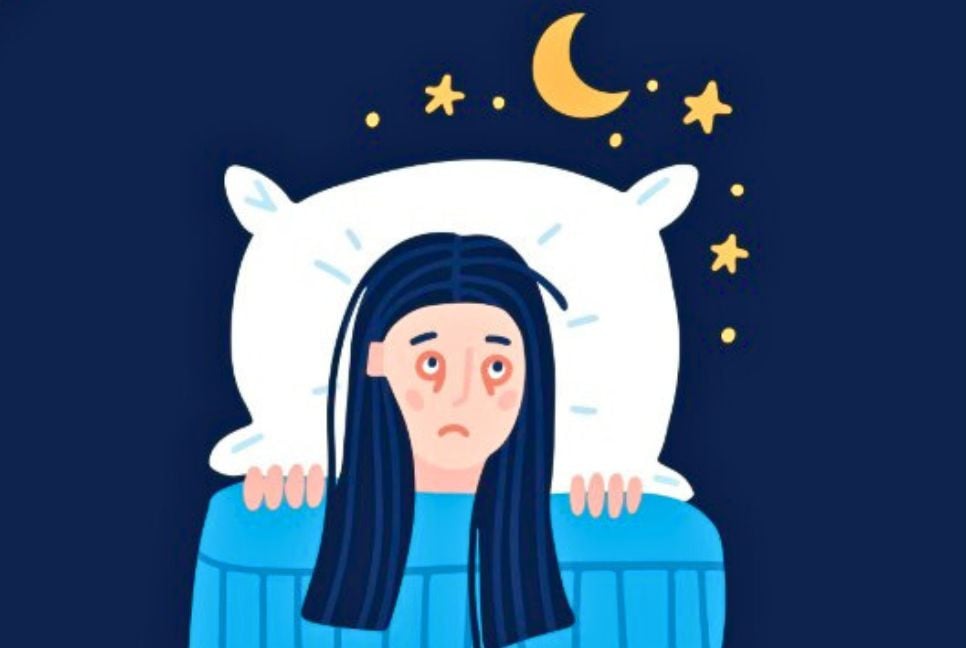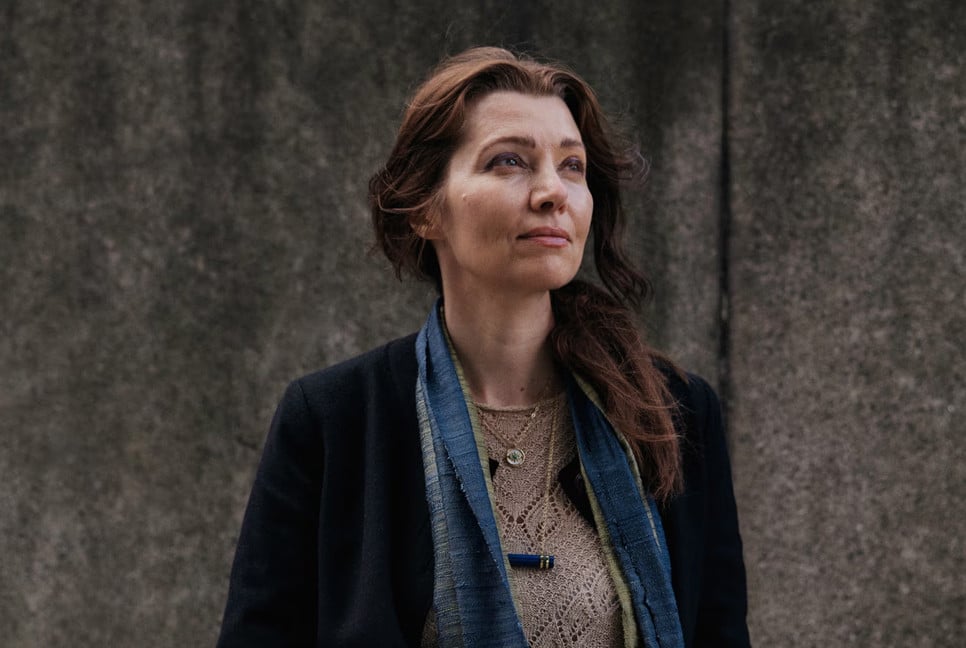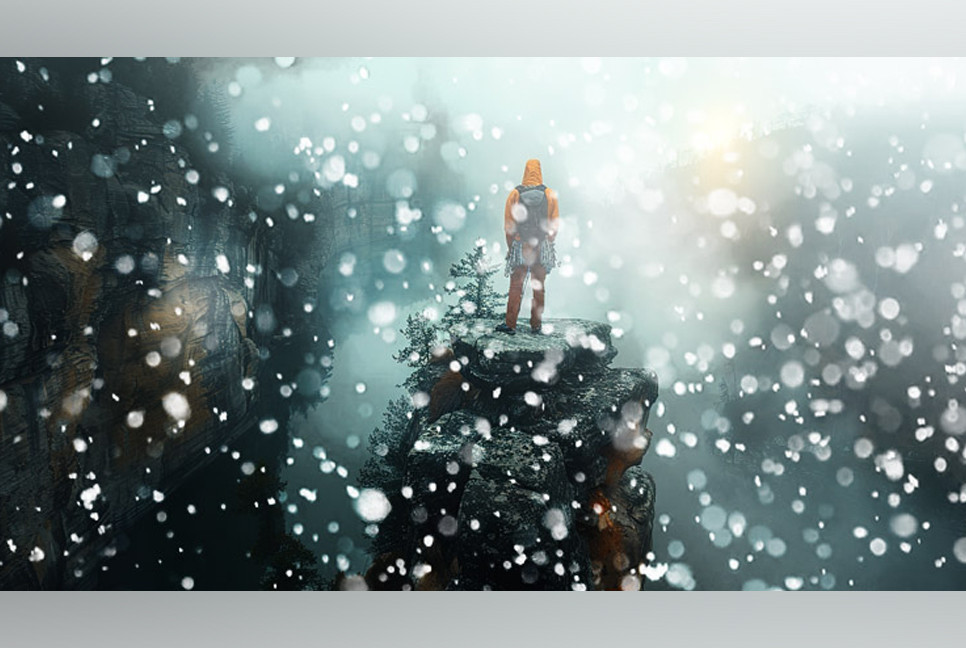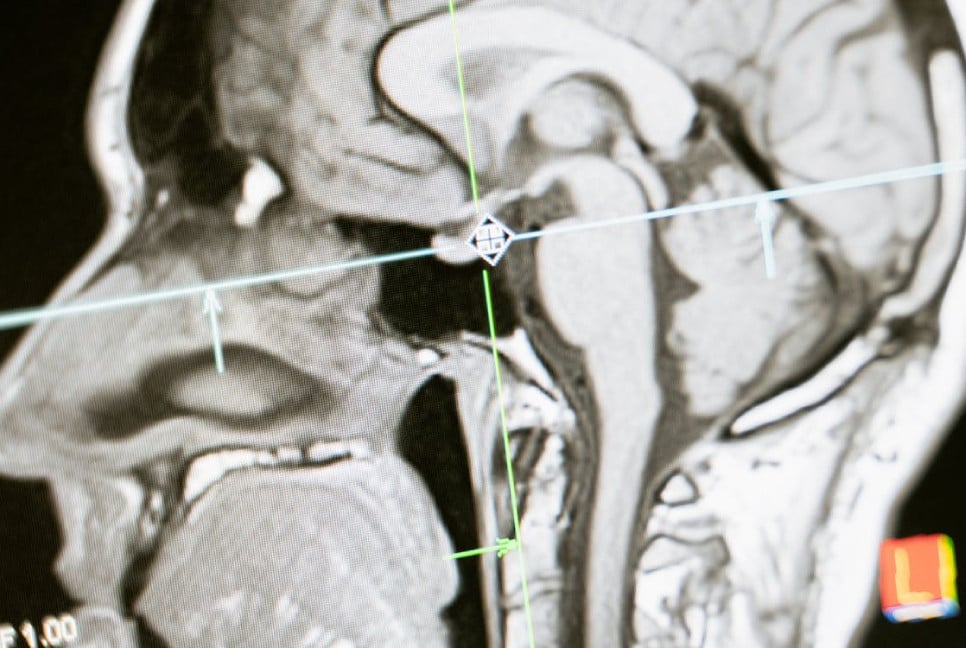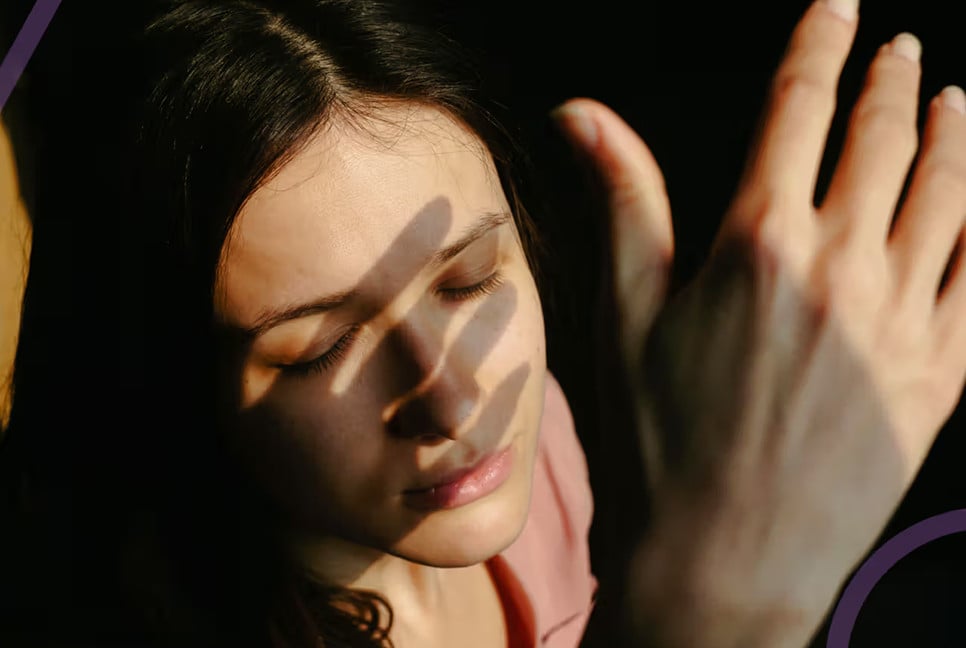Sleep is often seen as a crucial part of health, with recommendations for seven to eight uninterrupted hours. The pressure to achieve perfect sleep can exacerbate insomnia, which affects 37 percent of people, according to the Sleep Charity.
The sleep industry, now worth $585 billion, often increases anxiety rather than easing it. One individual, after a series of bereavements that worsened her mild insomnia, found advice from a sleep scientist to reframe sleeplessness as "extra time" useful. This shift in perspective led her to explore the science and history of sleep, and eventually, to better rest. Here's what she learned:
Insomnia isn't lethal
Humans have always experienced periods of broken sleep. Historical evidence suggests that interrupted sleep was once common due to factors like fire, storms, or caring for the sick. Dr. Tim Hearn from Cambridge University notes that the ability to endure sleep disruption likely offered evolutionary advantages. Interestingly, studies show that women, who often face more sleep disturbances, experience no significant long-term harm from sleep deprivation.
Waking at night is normal
Biphasic sleep—sleeping in two segments—was the norm until the Industrial Revolution. Research by Professor Roger Ekirch indicates that many cultures, particularly in Mediterranean regions, maintained this pattern.
Historically, the middle of the night was a time for prayer, reflection, or creativity, a perspective that helped the author embrace her wakeful hours. Additionally, a study by Prof. Roger Wong found that people who woke up in the middle of the night were 40 percent less likely to develop dementia.
Don’t fear daytime performance
Anxiety about functioning the next day after a sleepless night can make insomnia worse. The fear often outweighs reality. The author shares personal experiences of excelling in speeches, exams, and raising children despite sleep deprivation.
Research suggests that how we perceive our broken sleep directly impacts how we perform the following day. Reassuring oneself that a disrupted night won’t affect performance can improve outcomes.
Nighttime ruminations are natural
It’s normal to feel heightened emotions at night, a phenomenon that studies attribute to changes in brain function after midnight. The "after midnight mind" tends to be more fearful and less rational, making it easier to catastrophize. Recognizing this natural tendency can help reduce anxiety and allow a more balanced view by morning.
Embrace the night sky
The author discovered that viewing the night sky helped her relax and shift her focus during sleepless nights. Research by Dr. Chris Barnes suggests that observing the stars can foster a sense of calm and connection. The quiet solitude of the night sky provides a restorative experience that helped her return to sleep more easily.
Involve in creative activities
The mind at night often operates differently, making sleepless hours an opportunity for creative expression. Many writers and artists find that they are more imaginative at night. The author began writing poetry and lyrics, which helped process underlying anxieties, making it easier to fall back asleep.
Winding up, by reframing insomnia as an opportunity rather than a problem, individuals can change their approach to sleepless nights. Understanding the importance of darkness for sleep and ensuring exposure to natural light during the day can also improve sleep quality. Ultimately, once the pressure of achieving perfect sleep is lifted, it may naturally return.
Source: The Guardian
Bd-pratidin English/Fariha Nowshin Chinika

